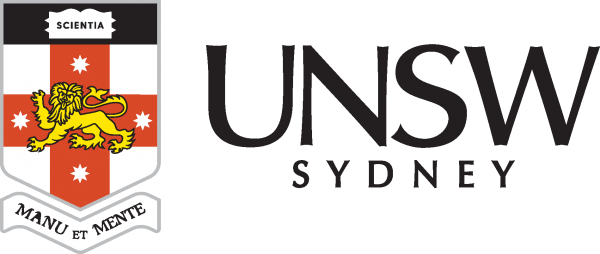University Of New South Wales: $2m funds COVID research at UNSW including new RNA treatment
Two UNSW Sydney projects researching the transmission of COVID-19 and the development of an innovative antiviral treatment have received almost $2 million in funding from the Medical Research Future Fund (MRFF).
Aerosol transmission of SARS-CoV-2
Professor Raina MacIntyre from the Kirby Institute at UNSW has been awarded $993,000 to lead a collaborative team from UNSW Medicine & Health and UNSW Engineering to uncover new insights into the aerosol transmission of COVID-19, especially in healthcare settings. The team will use air and surface sampling methods to detect SARS-CoV-2 in a hospital intensive care unit (ICU). They will also conduct various experiments in labs to get a better understanding of how the virus travels through the air. The data will then be used to model the movement of the virus inside a hospital ICU ward.
Prof. Raina MacIntyre said: “SARS-CoV-2 transmission is complex and determined by host, pathogen, airflow, building design, environmental and behavioural factors. Understanding SARS-CoV-2 transmission therefore needs multi-disciplinary collaboration between health, engineering, microbiology and aerosol experts.
“We will use a real-world ICU setting, aerosol flow dynamics and mouse coronavirus experiments to develop and validate a model of SARS-CoV-2 transmission. This will be a great leap forward in helping mitigate transmission.”
Other investigators on the study include Professor Mark Willcox from UNSW Medicine & Health, Professor Con Doolan, Dr Charitha de Silva from UNSW Engineering, Associate Professor Stuart Turville from the Kirby Institute, and colleagues from St Vincent’s Hospital Sydney and Nepean Hospital.
New RNA therapeutics for COVID-19
A team of researchers at the Kirby Institute, UNSW RNA Institute and Children’s Cancer Institute at UNSW have been awarded $998,000 to develop an antiviral RNA therapeutic to prevent and treat COVID-19 infections.
Dr Chantelle Ahlenstiel from the Kirby Institute and UNSW Medicine & Health said there was an urgent need for antiviral treatments for COVID-19 infection due to the evolving vaccine resistance and lack of adequate immune responses.
“This grant is designed to accelerate development of a universal severe acute respiratory syndrome-coronavirus (SARS-CoV) antiviral RNA therapeutic to treat SARS-CoV-2 infection and prepare for emerging pandemics. We’re excited to work with a world class team to achieve this outcome,” she said.
The antiviral RNA will be delivered by inhaling nanoparticles that carry the therapeutic directly to targeted respiratory sites. Other investigators on the project are Associate Professors Kathy Petoumenos and Stuart Turville from the Kirby Institute, Professor Pall Thordarson from UNSW Science and RNA Institute, Professor Maria Kavallaris from UNSW Medicine & Health and the Children’s Cancer Institute, and colleagues from UTS, University of Newcastle, Macquarie University, and University of Amsterdam.
“The quality and breadth of these projects are particularly impressive,” Dean of UNSW Medicine & Health, Vlado Perkovic, said. “These outcomes enable us to further strengthen health and medical research across the University, and I congratulate the recipients on their success.”

